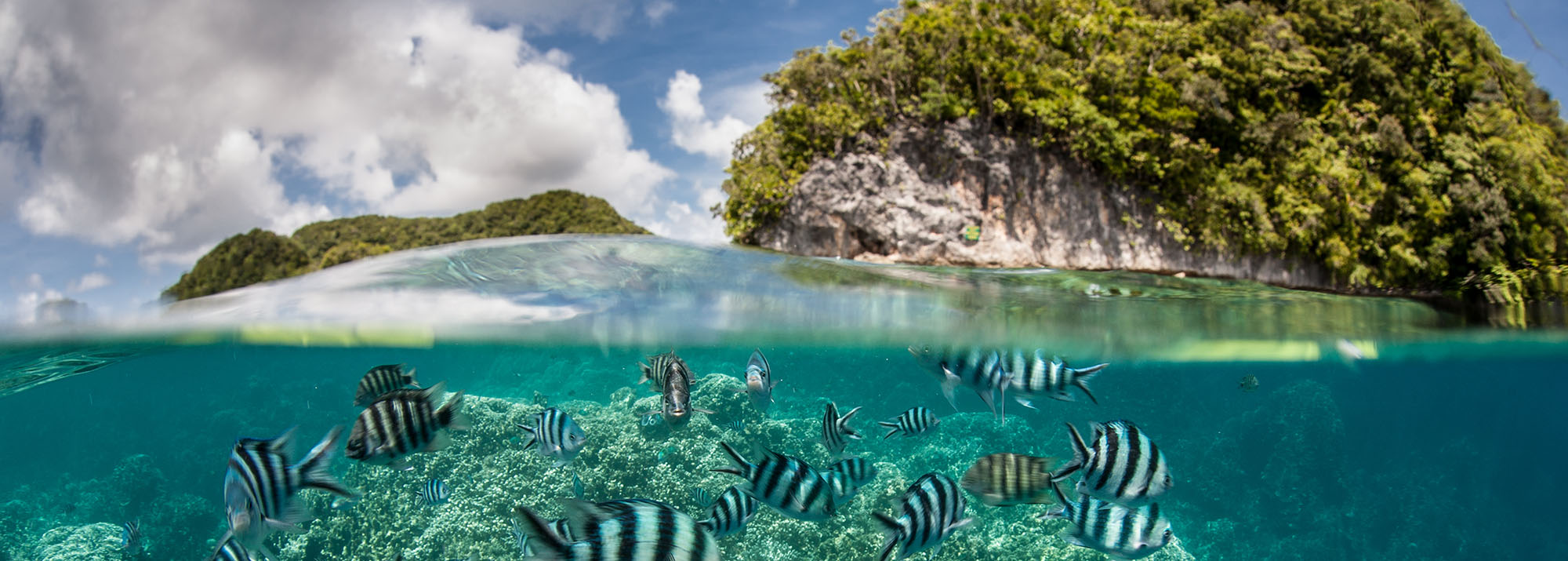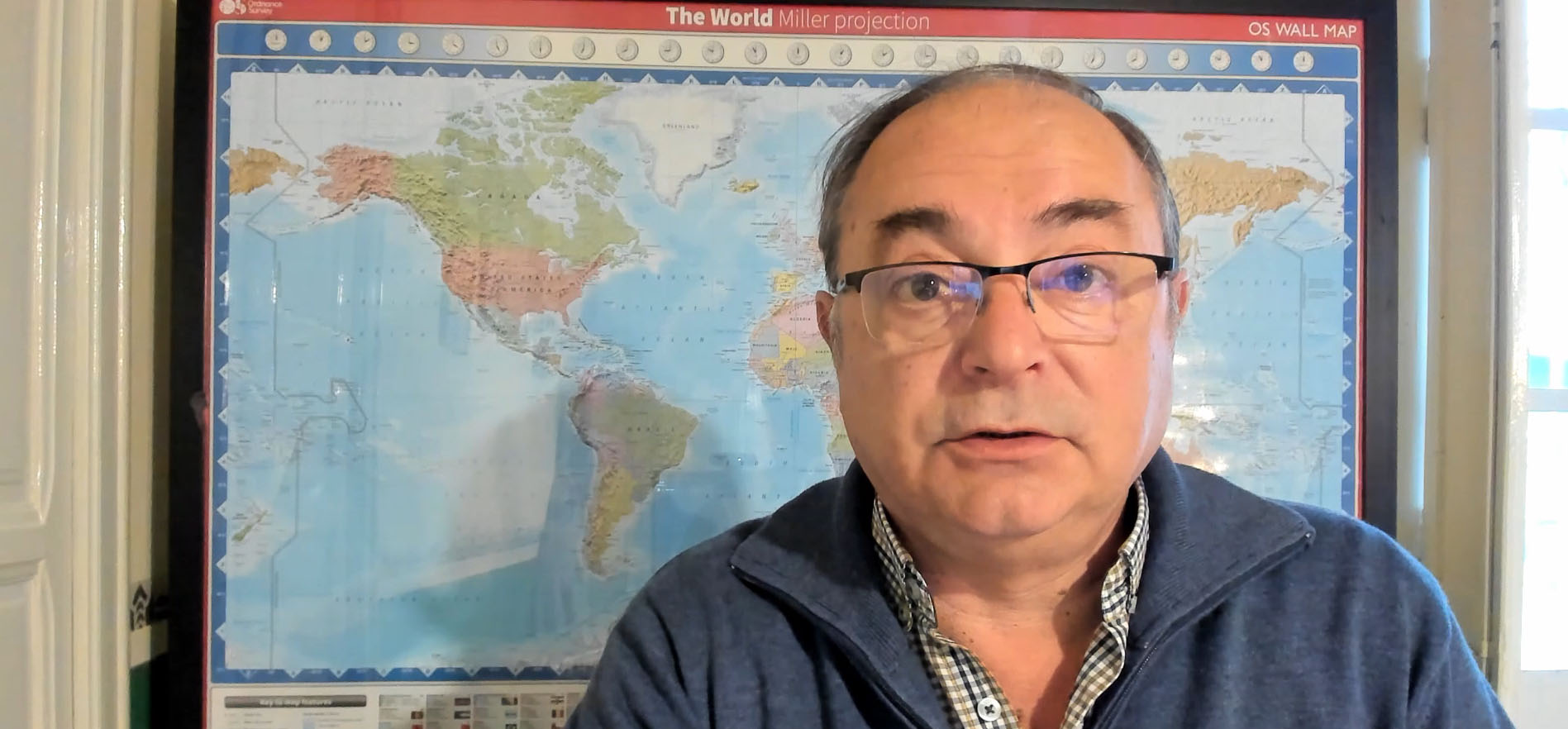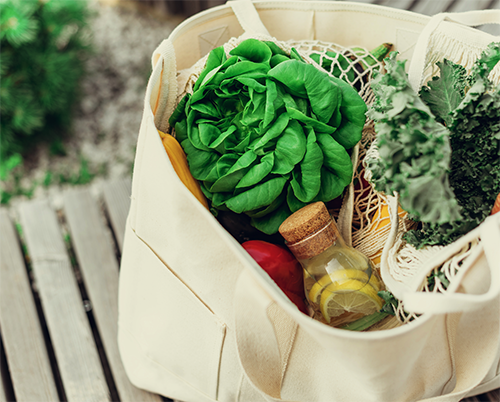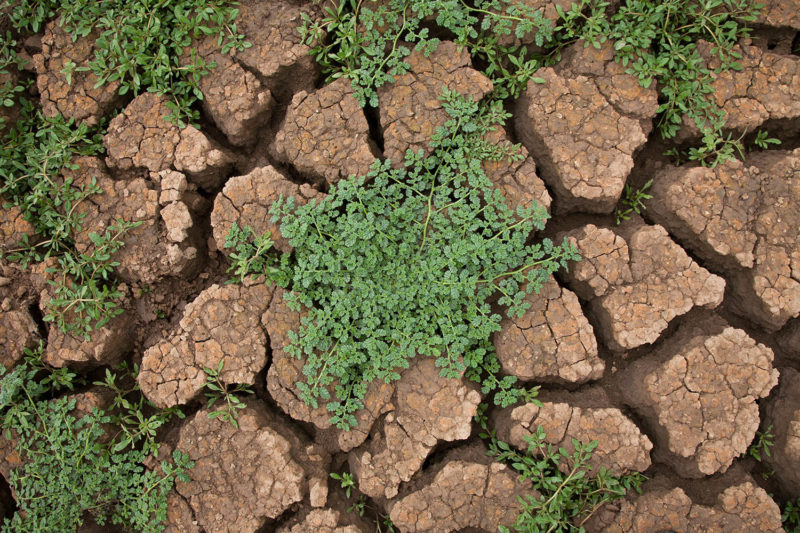

The economy depends on biodiversity
A study shows that the benefits of biodiversity are equivalent to twice the global GDP.
No country has achieved the diversity targets set by the Convention on Biological Diversity, with a deadline in 2020. We now face a funding gap of more than $700 billion by 2030, warns the UN Secretary General.
That is why 2021 has to be the year for reconciliation between humanity and nature. So far we have been destroying our planet, we have been abusing it as if we had a spare one, our current resource consumption requires almost two planets, but we only have one. If we compare the history of the earth to a calendar year, we have used one third of those natural resources in the last 0.2 seconds.
Actions such as air, land, and water pollution have provoked a counter-attack by nature that is evident in record temperatures, the collapse of diversity, the spread of deserts and in the numerous and increasingly dangerous extreme events such as fires, floods, and hurricanes.
A planet for biodiversity
Biodiversity or biological diversity is, according to the International Convention on Biological Diversity, the term that refers to the wide variety of living things on Earth and what happens to the natural patterns that shape them. They are the result of billions of years of evolution according to natural processes and also the increasing influence of human activities. Biodiversity also includes the variety of ecosystems and genetic differences within each species that allows the combination of multiple life forms. The mutual interactions with the rest of the environment make the sustainment of life on earth possible.
Biodiversity is an essential basis for our economic well-being. While industrial production is currently one of the main causes of pressure on biodiversity, such as land use, overexploitation or pollution, businesses in all sectors can also be key drivers of biodiversity conservation. All stakeholders now need to work together to integrate the value of biodiversity into our decision-making and develop solutions that harmonise nature and economic growth.
Biodiversity in business
Many companies are not willing to let company growth come at the expense of people and the planet. For this reason, they are changing the way business is done. Internal plans have been carried out to help create a world in which we can all live well within the natural limits of the planet. By using resources to address issues such as health and hygiene, gender equality, climate change and plastic packaging waste, long and short-term benefits to society are being generated.
In 2010 many companies started to be sustainably conscious, the impact that all these changes have made is quite significant: costs and risks have been reduced, and of course, the most important value, to build trust in the consumer.
Danone, for example, is acting against climate change, biodiversity loss and water scarcity. It is reducing its carbon footprint with the aim of achieving zero emissions by 2050. Beyond its production sites, it is working towards these goals in areas where it shares responsibility, especially in agriculture, promoting regenerative agriculture to protect soil, water and biodiversity, promoting animal welfare and empowering a new generation of farmers.
It also has its own policies and tools aimed at promoting biodiversity:
- An example of this is its forestry policy, where it makes a statement of intent to eliminate deforestation from its supply chain and contribute to reforestation.
- Or the fund dedicated to promoting its local ecosystems, the Danone Ecosystem Fund, which supports the company’s projects with a social purpose. This is the case of Renueva, a Danone Aguas waste management and revaluation system which, together with other partners, works to recycle out-of-home consumer packaging, and has a plant in Barcelona Montcada i Reixac.
17 goals to transform the world
The United Nations has created 17 goals to transform our world. The Sustainable Development Goals are the blueprint for a sustainable future for all. They are interrelated and incorporate the global challenges we face every day, such as poverty, inequality, climate, environmental degradation, prosperity, peace, and justice.
In order to leave no one behind, it is important that we achieve each of these goals by 2030:
- End poverty
- Zero hunger
- Health and well-being
- Quality education
- Gender equality
- Clean water and sanitation
- Affordable and clean energy
- Decent work and economic growth
- Industry, innovation, and infrastructure
- Reducing inequalities
- Sustainable cities and communities
- Responsible production and consumption
- Climate action
- Undersea life
- Life of terrestrial ecosystems
- Peace, justice and strong institutions
- Partnerships to achieve their goals
And this is our daily goal and that of business too. There will probably be many companies that will put this into practice anonymously. Other companies will post on their website the development plans and all the changes they have made; some examples are: Cepsa, Decathlon, Ferrovial, San Miguel Mahou, Iberdrola, Unilever, Danone, among others.
Biodiversity is part of progress
We have to demystify the idea that biodiversity is synonymous with increasing costs, but quite the opposite. They go hand in hand together with the economy. Thanks to these gestures and changes, not only will we be able to reduce costs, but we will also have a healthier, more sustainable and better life for future generations.
A documentary not to be missed is “David Attenborough: A Life on our Planet”, in which the renowned naturalist reflects on both the defining moments of his life and the devastating changes he has witnessed. The documentary is available on the Netflix platform and addresses some challenges of life on our planet. He explains how much ground the natural world has lost globally in less than a century, he witnesses the change in nature in his more than 50 years of work, and notes that the world is a unique and spectacular wonder. Moreover, Attenborough sends a message of hope to future generations, revealing the solutions to save our planet from disaster.
We can start with the famous 7 R’s: Recycle, Reuse, Reduce, Redesign, Repair, Renew and Recover. Among all of us, we can achieve it. Do you want to be part of this change?
Do you want to be the first to receive the latest news about 11Onze? Click here to subscribe to our Telegram channel






👏
Gràcies, Daniela!!!
👍
Gràcies, Manel!!!
Bones mesures de reducció d’efecte climatic👍
Tal qual, Jordi, i moltes gràcies pel teu comentari!!!
👏
Gràcies, Daniela!!!
fantastic
Que bé que t’agradi, Manel!!!
👍👍👍
👍
Interessant article, gràcies 🔺🔺🔺
Gràcies, Laura. Realment és un tema que val la pena conèixer!
👍
Gràcies, Alícia!!!
Tant de bo es duin a terme aquests 17 punts. Sóc molt escéptic.
Doncs sí, Jordi, esperem que aquests 17 objectius es puguin complir, i com més aviat millor.
Petits gestos en el dia a dia, conscienciar-nos nosaltres i el nostre entorn… tenim feina
Tens raó Laura , i cada dia ! ^_^
Podem començar per
les famoses 7 R’s: Reciclar, Reutilitzar, Reduir, Redissenyar, Reparar, Renovar i Recuperar. Entre tots, podem aconseguir-ho, Vols formar part d’aquest canvi?
Si aquesta fora l’actitud, tots tenim a fer a casa i fora, no barrejem el que cal llençar al contenidor, cadascun te que rebre allò pel que estar destinat
Gràcies per l’explicació i l’informació
Gràcies a tu, Alícia, per fer-te ressò d’aquest article interessantíssim i tan ben explicat al vídeo del nostre Cap d’Agents, l’Oriol Tafanell.